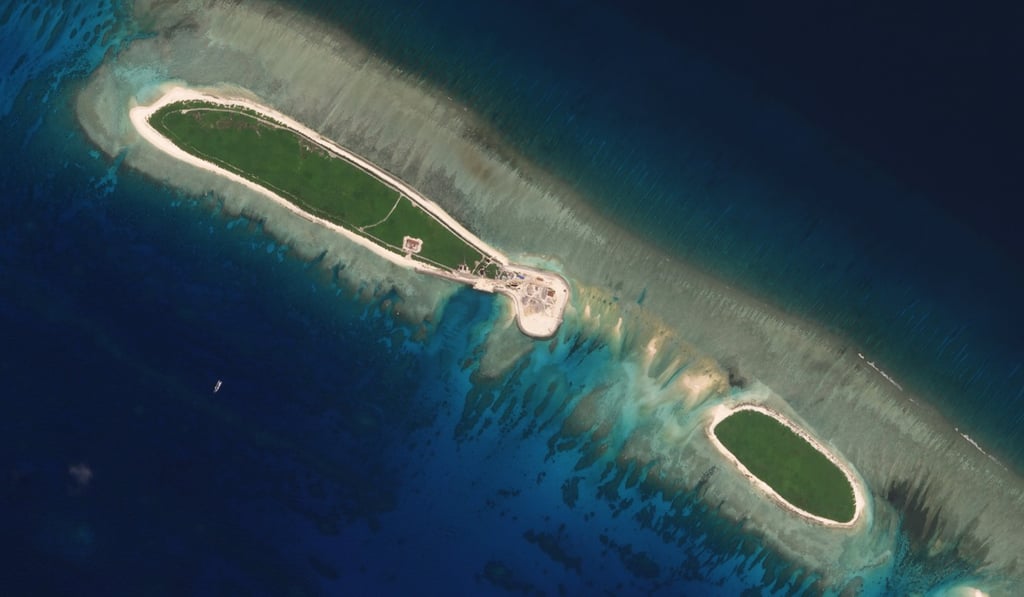After 50 years, does Asean still matter?
Unless member states can put their common causes above their narrow internal political interests, global powers such as China, India and the US will continue to run roughshod over their agenda

In the next decade, Asean’s destiny depends on how adroitly it positions its norms, values, and purpose in an increasingly uncertain world, where an Asia dominated by China cannot be foreclosed.

The South China Sea test
China insists on bilateral deals with other nations, leveraging on its size and clout. This can complicate sovereignty disputes given the web of overlapping territorial claims. The importance of a multilateral agreement cannot be understated, and whether Asean member states can think and act collectively is an ongoing challenge.
Asean turns 50? Wake me when it’s over
Earlier this year, a framework agreement between China and Asean on the Code of Conduct (COC) in the South China Sea marked a significant step forward in cooling tensions in the region, where the test of wills and military gamesmanship have often threatened to boil over.